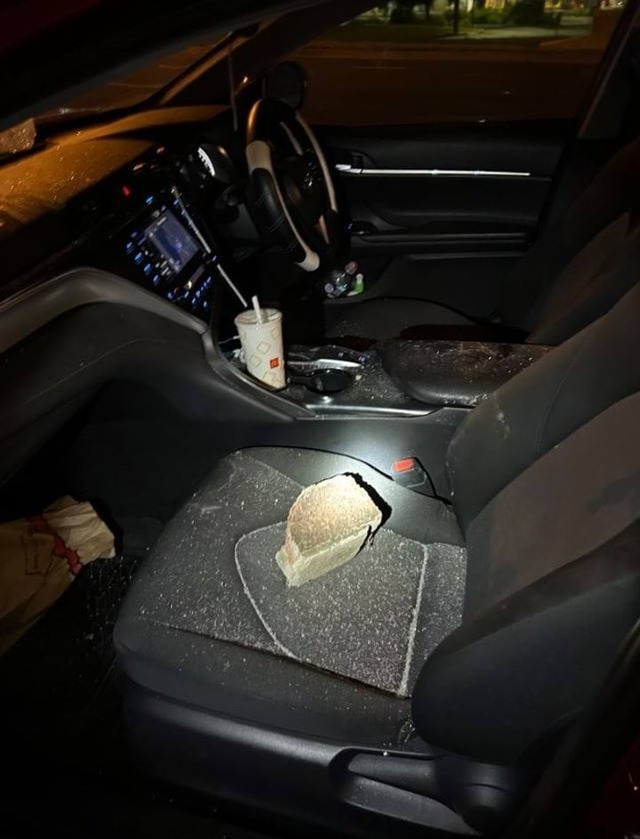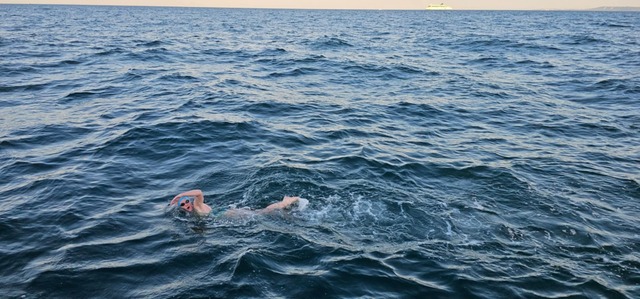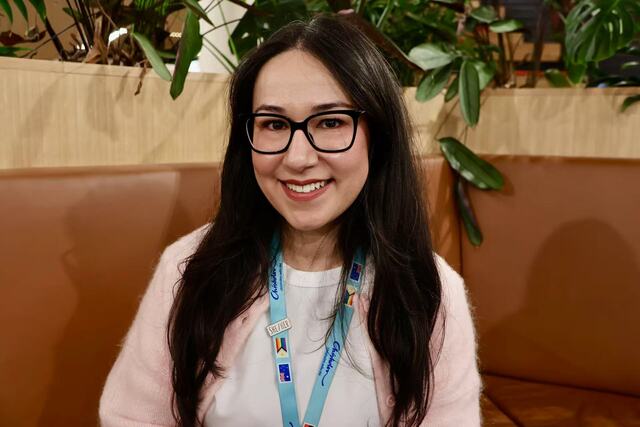By LACHLAN MOORHEAD
CONFLICT is a word Nyadol Nyuon is all too familiar with.
Close to two decades after her father was killed in a civil war and almost 10 years since her family first fled to Australia, another conflict in South Sudan almost claimed the lives of her mother and grandmother earlier this year.
The Noble Park law student, 26, spent weeks contacting family and friends in the capital, Juba, to help them escape the violence.
“(Mum) would ask me ’can you hear that bomb go off?’,” Nyadol said.
“It took us so long to get my grandmother out of the house because she was afraid that if she left the house she would be killed.
“There were rumours of people disappearing, or people being shot at.”
It’s just another chapter in Sudan’s bloody and chequered history.
Nyadol’s family fled the situation from neighbouring Kenya in 2005 and made their first Australian home with relatives in Noble Park.
She retains an affinity with South Sudan, which split from Sudan in 2011, and sees it as her responsibility to challenge misconceptions of Sudanese refugees here.
Nyadol, a 2014 Australia Day state ambassador, is a member of the African Think Tank and Africa Media Australia and holds regular discussions with the Victorian police and the judiciary on behalf of Sudanese Australians.
“There was a concern that Sudanese or African youth were engaged in crime at a level that the rest of the community was not being engaged in,” she said.
But she said some reports showed the opposite to be true.
“That they are actually committing much less crimes than the rest of the community, but they were just being stopped more and questioned more frequently,” she said.
Nyadol said she didn’t set out to become a leader.
“I just do it because I find myself in a position where I can’t let the opportunity pass,” she said.
“Sometimes the least you can really do is raise someone’s consciousness to an alternative story to balance the only one they have in their head.”
In December last year, South Sudan’s current civil war broke out when a faction of the Sudan People’s Liberation Army was involved in an alleged mutiny.
The conflict is largely along ethnic lines between the Dinka and Nuer tribes.
Nyadol is tired of the same narrative.
“It makes you wonder whether this will keep happening, over and over again, and if there will be periods of what cannot even be called peace, but for guns to go down simply so that people can get more guns,” she said.
“That’s what’s really painful, and imagining another generation of young kids going through what you went through.
“I was born and grew up in refugee camps; you don’t want another person to go through that, it’s just a useless life. You can’t dream, you can’t hope.”
In Australia, Nyadol has found a place she can do both.
“For me this is more and more home,” she said.
“It’s a feeling that I think most refugees, young people, struggle with because you’re always asking what is really home. Is it Sudan? Is it Australia?
“I know for a fact that there is a person I can be in Australia, nowhere else.”







